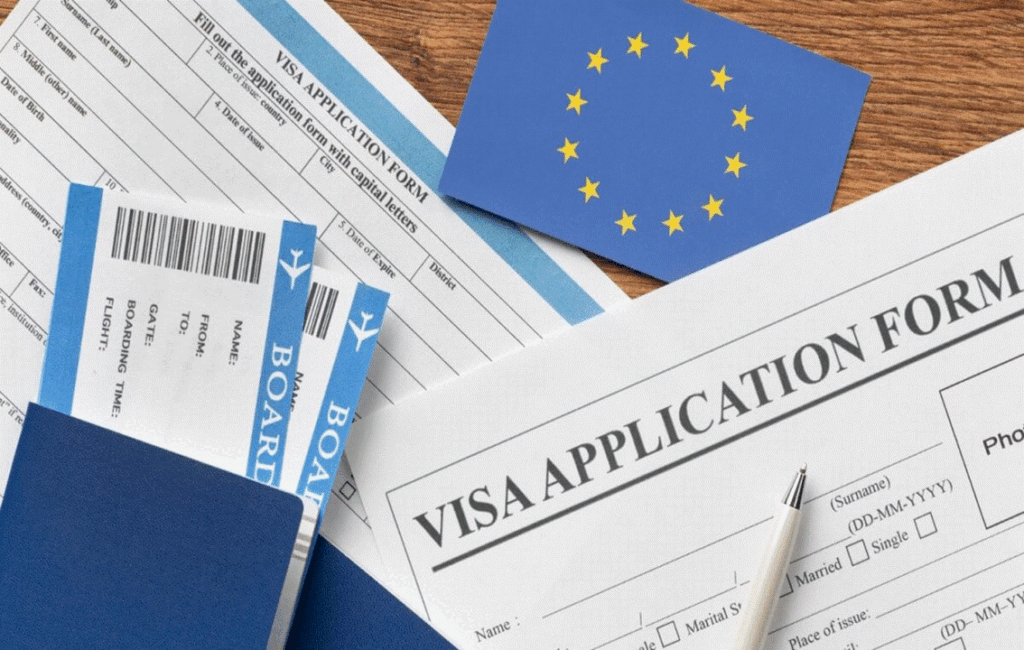A PASSPORT STAMP THAT ACTS AS A VISA


All citizens from European Union countries must have a valid passport or European ID Card to travel to Cyprus.
All citizens from non-European Union countries must have a valid passport to travel to Cyprus.
Holders of the following documents, however, do not need a passport
- Laissez-Passer issued by the United Nations
- Document issued to stateless persons and recognised refugees
All citizens from non-European Union countries entering Cyprus receive an automatic 90-day visa. This system of entry is part of the island’s ongoing immigration policy, and these visitors can use it to visit the island for business or pleasure. Adhering to these regulations is essential for a smooth travel experience, and all non-European Union nationals should be aware of the rules and ensure compliance.
90-day automatic visas are issued in the form of a stamp through any one of the recognised legal ports of entry below.
- Larnaca International Airport
- Paphos International Airport
- Limassol International Seaport
- Larnaca International Seaport
- Paphos International Seaport
- Latsi International Seaport
VISA EXCEPTIONS
Citizens of European Union countries, as well as Switzerland, Iceland, Liechtenstein and Norway, do not require a visa. These people may enter Cyprus with a valid national identity card, as long as it displays a photograph.
AN OVERSIEW OF THE 90-DAY RULE
1. Visa-free Entry: Citizens of countries outside of the European Union can enter Cyprus with an automatic 90-day visa. This is valid for short stays within 180 days. The visa comes in the form of a passport stamp that includes the date of entry.
2. 90 days within 180 days: A short stay is typically defined as up to 90 continuous days within 180 days. This means that non-European Union visitors to Cyprus can stay for up to 90 days and then must exit. They cannot return until another 90 days have passed. This rule applies to cumulative days spent in Cyprus, including multiple entries and exits.
3. Purpose of Visits: The 90-day rule generally applies to visits for tourism, family visits, or business activities. If a non-European Union national wishes to work or stay longer for any other purpose, they would need to apply for the appropriate extended visa.
4. Extensions and Overstays: Extensions of 90 days are typically not granted for visa-free nationals. Overstaying can lead to fines, deportation, or bans on re-entering Cyprus. Different rules may apply to citizens of certain countries or specific diplomatic agreements. With this in mind, it is wise to check the most current nationality immigration guidelines applicable before travelling to Cyprus.
5. Border Control Check: Upon entry into Cyprus, border control will check each traveller’s passport. Entry stamps are also checked to ensure that the 90-day rule has been adhered to. Refusal of entry may occur if a visitor is trying to re-enter Cyprus within 180 days from their last visit.
6. Proof of return or onward Travel: Additionally, non-European Union travellers may be required to show proof of return or onward travel plans. They may also be required to supply evidence of accommodation during their stay.
All applications for ‘an extended stay’ visas are made at the MINISTRY OF FOREIGN AFFAIRS


